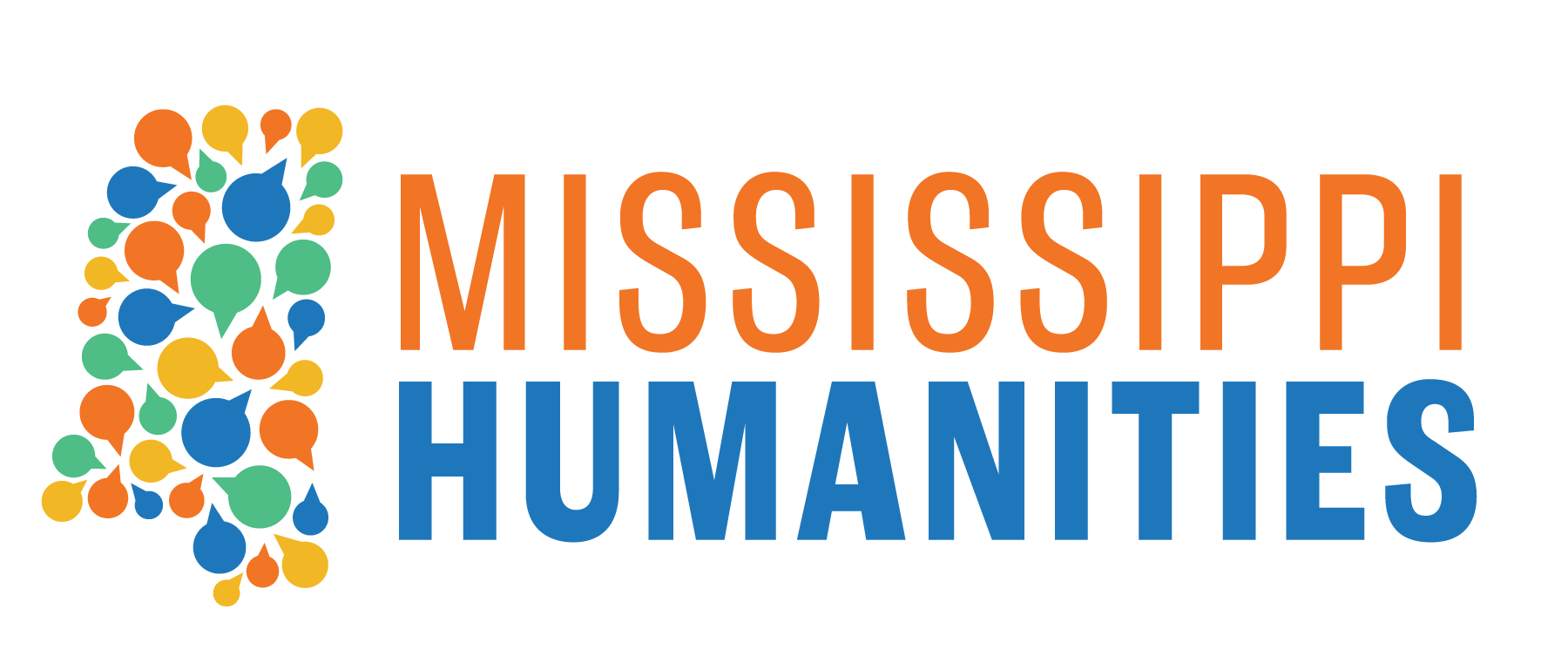The Mississippi Humanities Council is thrilled to announce a major grant from The Andrew W. Mellon Foundation to support humanities education in Mississippi prisons. This $375,000 grant, part of the foundation’s “The Future of Higher Learning in Prison” program, will support humanities courses taught by Hinds Community College, Northeast Mississippi Community College, and Mississippi Delta Community College for the next two years as part of a new Community College Prison Education Consortium.
The Humanities Council, which has been supporting prison education programs for several years, has recently partnered with community colleges to help provide for-credit courses for incarcerated learners. This grant will enable the Council to expand these programs and hire a project coordinator to work with the community colleges and the Mississippi Department of Corrections to facilitate student enrollment and recruitment, course management, and teacher training.
“We are so excited about The Andrew W. Mellon Foundation’s support of this work,” said Dr. Stuart Rockoff, executive director of the MHC. “Our ultimate goal is to help create a sustained statewide program of community college education in our state’s prison facilities.”
Hinds Community College has been offering for-credit courses at the Central Mississippi Correctional Facility in Pearl since 2018. Dr. Keri Cole, vice president of instruction, stated, “We believe deeply that offering these courses to incarcerated students furthers the essential mission of Hinds Community College. The Community College Prison Education Consortium will have a profound impact on our most underserved population.” This grant will fully fund eight humanities courses a year at CMCF.
Northeast Mississippi Community College has been teaching a range of courses at the Alcorn County Prison since 2017. According to Dr. Michelle Baragona, vice president of instruction, “We started offering these courses at Alcorn County Prison because we believe that it is our responsibility to serve the people of northeast Mississippi. By working with the MHC and the other two community colleges, we hope to inspire other educational institutions to serve the incarcerated learners in their area.”
Mississippi Delta Community College was preparing to launch a prison education program at the Mississippi State Penitentiary at Parchman this past spring when it was suspended due to COVID-19. With support from this grant, MDCC will be launching virtual course offerings for students at Parchman in the spring semester. Teresa Webster, vice president of instruction, said, “MDCC is dedicated to improving the community through intellectual and cultural opportunities, and we believe that community includes incarcerated students. With support from The Andrew W. Mellon Foundation, we will finally be able to begin our work at Parchman, teaching at least four humanities courses a year.”
According to Shaniece Mabry, director of education for the Mississippi Department of Corrections, “This grant will help transform the educational opportunities available in Mississippi prisons. Education plays a critical role in breaking the cycle of recidivism by providing the men and women in our correctional system with opportunities to succeed in their communities when they leave our facilities.”
The Mississippi Community College Board (MCCB) worked with the Mississippi Humanities Council to help build the consortium with the participating community colleges. “I appreciate the Mellon Foundation for providing resources to Mississippi and also offer my congratulations to the Mississippi Humanities Council and the other participants in the Community College Prison Education Consortium for securing the grant,” said Dr. Andrea Mayfield, executive director of the Mississippi Community College Board. “The MCCB is proud to have helped with this effort as funds will help provide quality education to those in most need of help.”
“We hope this grant will encourage other Mississippi colleges and universities to offer humanities courses to incarcerated learners in their area. Ultimately, we hope this program grows beyond the Mississippi Humanities Council to become an established part of higher education in our state,” said Dr. Rockoff.
